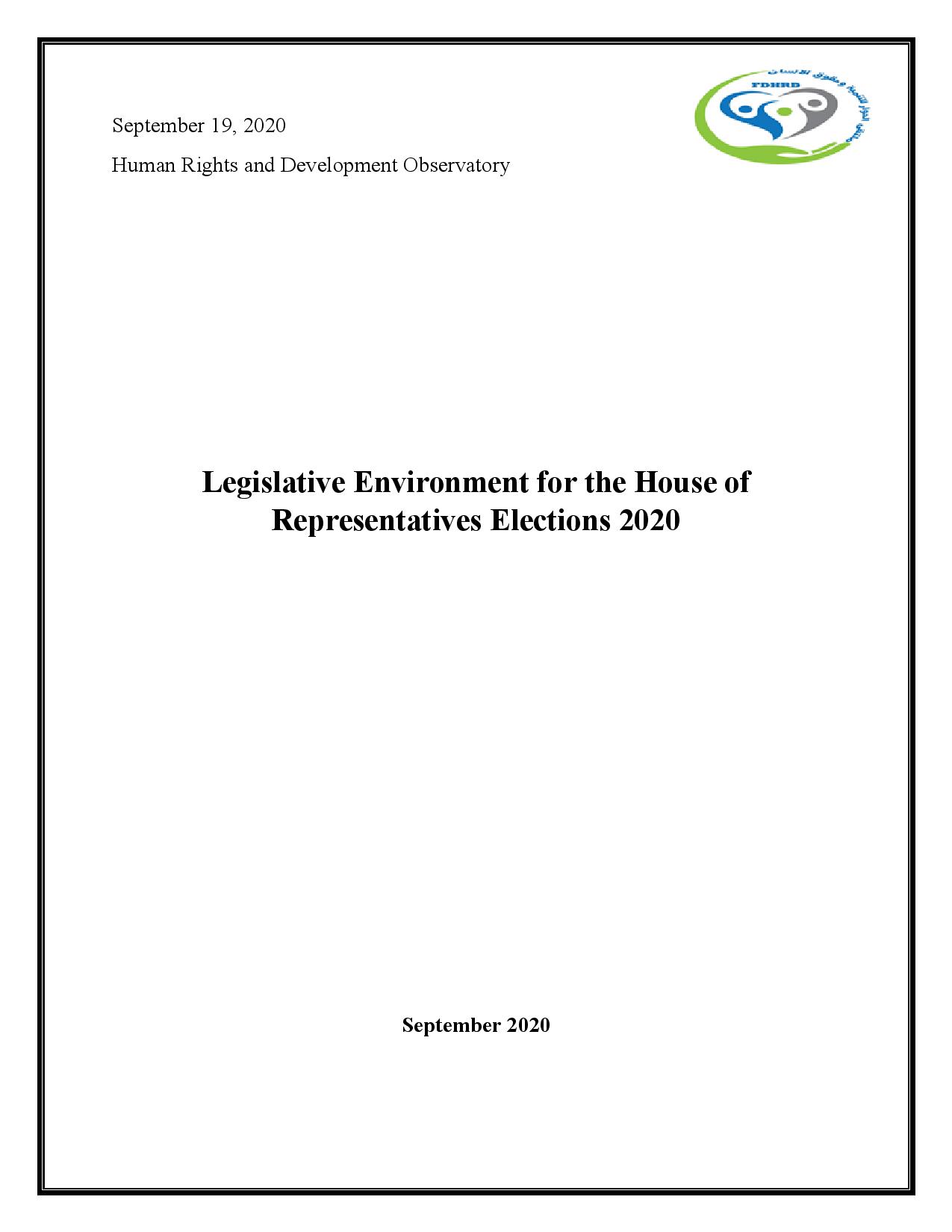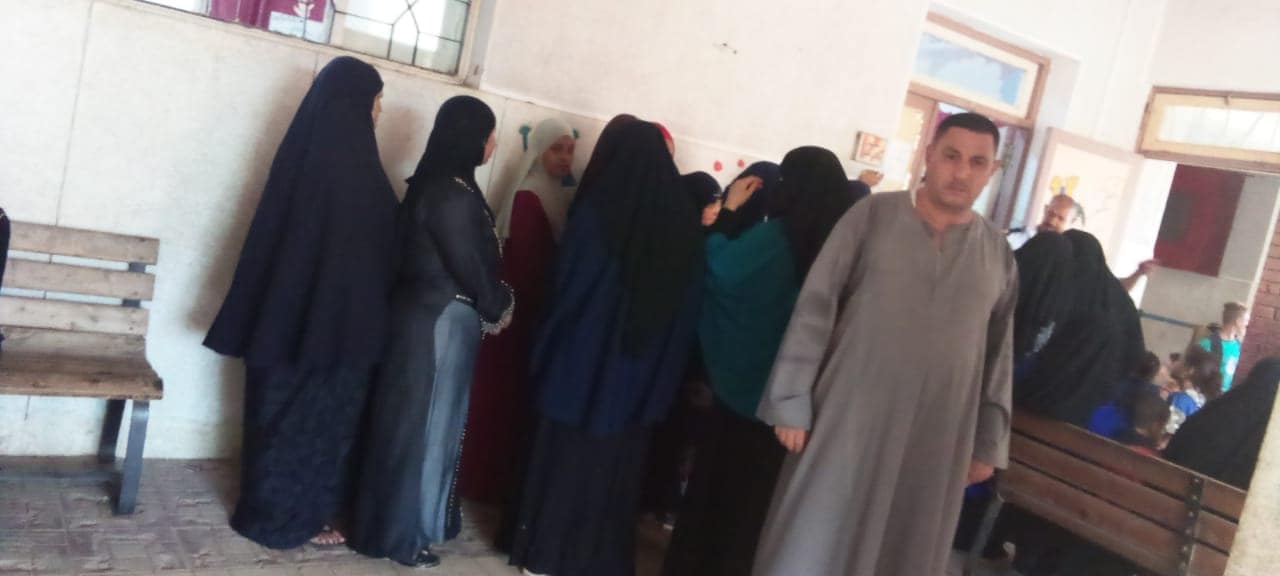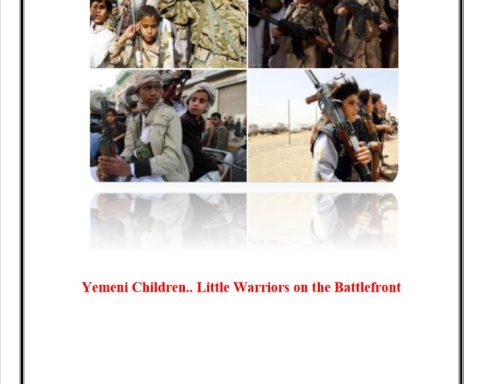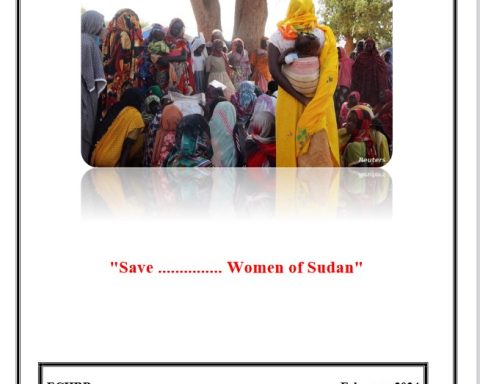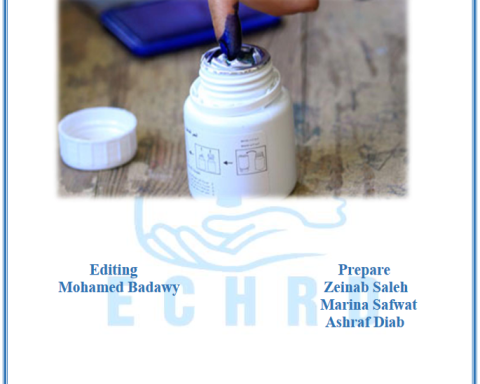The upcoming parliamentary elections are the thirteenth electoral period since the January 25 revolution, and the turnout has varied. The highest participation rate in the 2011 representatives’ house elections was 54%, while the lowest was in the 2012 Shura Council elections (12.75%). There are many reasons for citizens to participate in general, the most prominent of which are the specificity of each election separately, its political context, its importance, whether it is related to the choice of parliament, the president, or a constitutional referendum, and the intensity of electoral campaigns that urge citizens to participate, the aspiration to exercise citizenship rights in light of guarantees of election integrity, such as full judicial supervision with the concept of a judge for each box – to be applied until 2024 – and relying on the national number to prove the identity of the voter, which reduced the errors contained in the voter database, such as the inclusion of wrong names or the dead, and the desire to achieve stability and defend the national state, support the state in the fight against terrorism, secure election headquarters and don’t allow the use of violence or spoil the electoral process, and support the state’s efforts in several aspects such as digging the new Suez Canal and establishing the new administrative capital, providing treatment for patients with C virus, improving the electricity service, taking care of the energy file, establishing a new road network, a project to plant one and a half million acres, the political will to confront corruption, strengthening social protection programs, and launching a project for homeless children to help street children and provide them with a dignified residence in the institutions of the Ministry of Solidarity, allocating outlets and cars roaming the governorates selling goods at reduced prices to meet the high prices, establishing developmental projects, fish farming projects in the northern delta and east of the canal, the social housing project, providing a number of housing units for slum residents, providing soft loans for young people from banks at reduced interest, holding youth conferences, and establishing The National Academy for the Rehabilitation and Training of Youth, the creation of a climate to attract investment, and the construction of a balanced foreign policy that promotes the national interest. In addition to paying attention to the parliamentary representation of Christian citizens, women, youth, workers, farmers, people with disabilities, and Egyptians abroad. The announcement of the National Elections Authority came to invite voters to vote to choose their representative in the new House of Representatives for the next five years to confirm the stability of state institutions and push the state towards establishing the rules of democracy, in the footsteps of countries challenging the practice of the democratic process. It is incompetent to enter the House of Representatives, which represents the Egyptian people, and the positive and effective participation of Egyptians is the only guarantee for creating a parliament that expresses the Egyptian street.
Read more about report

